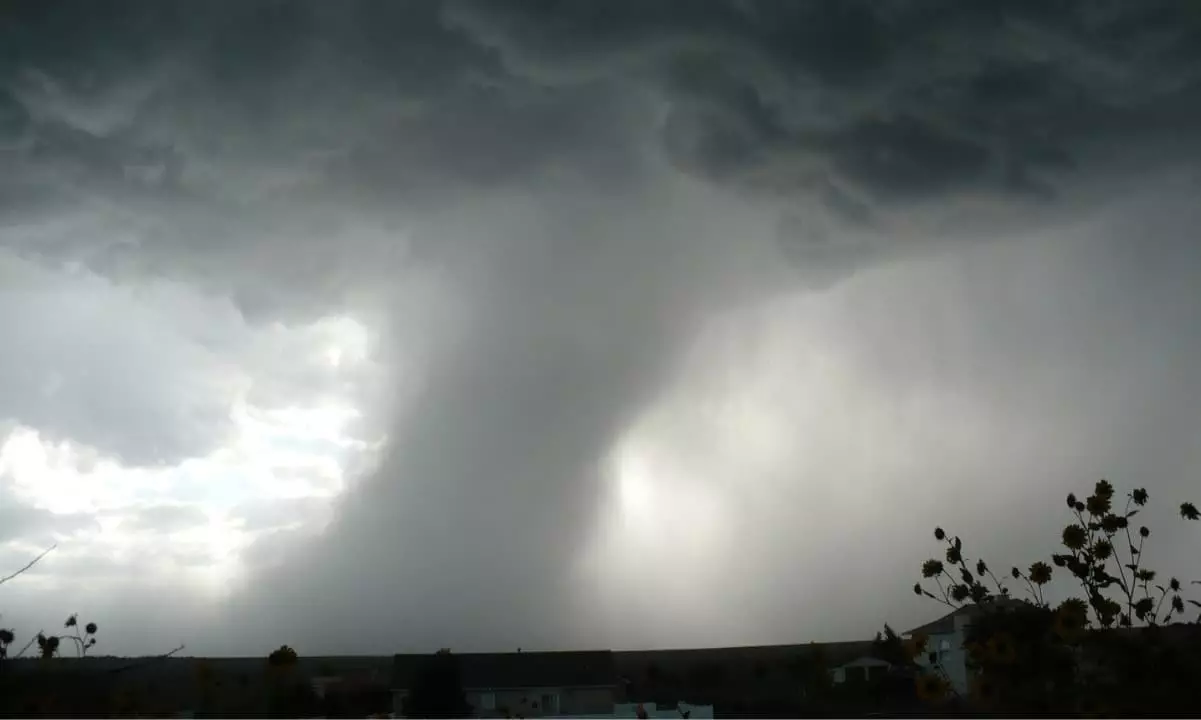The cryptocurrency landscape is rife with both opportunities and challenges, and few platforms exemplify this dynamic more clearly than Tornado Cash. Recently, TORN, the native token of Tornado Cash, experienced a notable price surge following a pivotal court ruling that lifted sanctions imposed by the U.S. Treasury Department’s Office of Foreign Assets Control (OFAC). This article delves into what led to this resurgence, examines the legal battles faced by Tornado Cash, and assesses the implications for the cryptocurrency market.
To fully understand the significance of Tornado Cash’s recent legal victories, it is essential to consider the background. In August 2022, OFAC sanctioned Tornado Cash, alleging that it had facilitated the laundering of over $455 million in stolen cryptocurrencies, particularly from the notorious Lazarus Group, which is linked to North Korea. These allegations not only tarnished the platform’s reputation but also raised serious legal questions about the nature of cryptocurrency mixers and their role in financial transactions.
The situation escalated with the arrest of Tornado Cash developer Alex Pertsev, who faced serious charges related to money laundering and was sentenced to five years in prison. The co-founder, Roman Storm, has also found himself ensnared in legal troubles, as he faces conspiracy charges with his trial set for April 2025. These events led to growing concerns about the implications for developers of open-source software. Storm’s defense centers around the idea that the prosecution represents a broader threat to software developers and their freedom to innovate, as he claims his actions were simply a byproduct of creating open-source code.
In a striking move, a group of six individuals, led by crypto advocate Joseph van Loon, initiated legal action against the U.S. Treasury and OFAC, claiming overreach in their sanctioning of Tornado Cash. The plaintiffs’ argument hinged on the distinction between software and entities or individuals, positing that Tornado Cash as software could not be justly sanctioned. A notable ruling in November 2024 supported this view, declaring the smart contracts of Tornado Cash as impervious to ownership and control, thus exempt from the applications of the International Emergency Economic Powers Act (IEEPA).
This critical legal standpoint has significant implications for the interpretation of legality within the technology and cryptocurrency sectors. By establishing that code and algorithms cannot be treated as “property,” the courts are fostering an environment that could significantly redefine regulatory approaches to software development and usage in the context of cryptocurrencies.
The immediate market response to these legal developments was dramatic. TORN witnessed an impressive 140% spike, skyrocketing from around $9.50 to over $25 within a short period. While this surge reflects a speculative-driven reaction, it also underscores a market that often swings widely based on news cycles rather than underlying fundamentals. Currently, the token has settled back to around $17, which still reflects a substantial 122% increase compared to the previous week’s price.
The fluctuating price points highlight a critical aspect of cryptocurrency investments—volatility. Traders and investors often react more to sentiment surrounding news rather than the long-term viability of the underlying technology. Although the current price is still significantly higher than a month ago, the drop from its peak raises questions about the sustainability of such jumps and whether further losses might lie ahead.
As Tornado Cash navigates its tumultuous landscape, the legal outcomes and fluctuating token prices underscore the complexities at play within the cryptocurrency sphere. Although the recent court ruling is a positive development for TORN, the lingering criminal cases against its founders pose ongoing concerns for stakeholders.
Furthermore, this saga reflects broader issues regarding regulation, decentralization, and the rights of developers in the rapidly evolving world of cryptocurrency. If courts continue to affirm the autonomy of software like Tornado Cash, it could pave the way for innovative financial solutions, albeit within a space fraught with regulatory uncertainty. The interaction between technology, legality, and market dynamics will undoubtedly remain a critical focal point for the cryptocurrency industry as it continues to mature.
















Leave a Reply